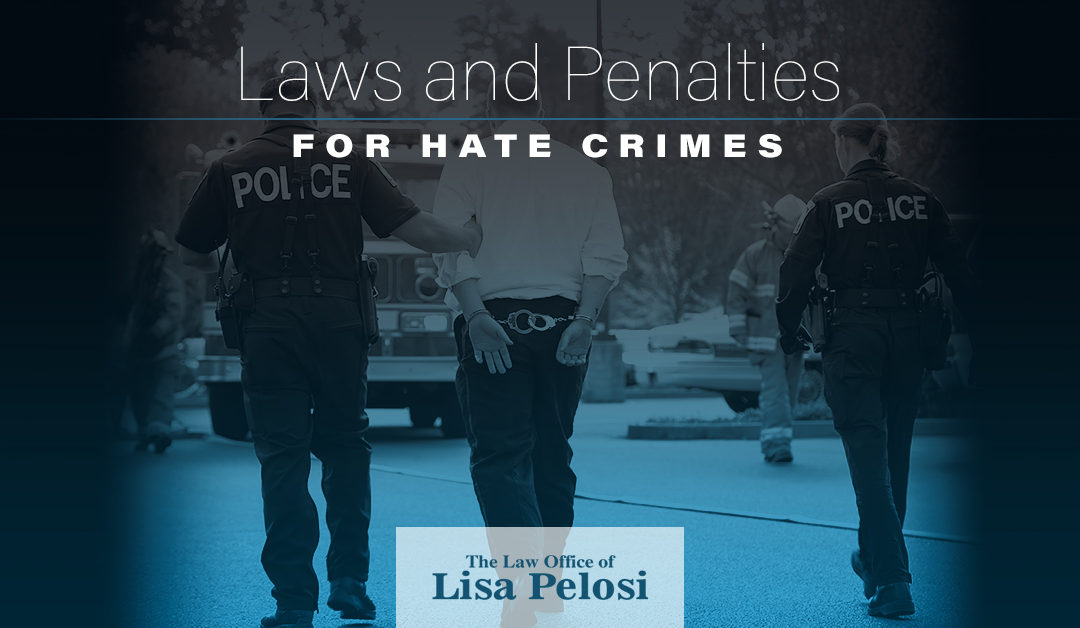Tension around the globe is intensifying and people are finding themselves being charged with a hate crime. Whether it was intended or not, being in this position requires an experienced criminal lawyer with years of knowledge under her belt. The Law Office of Lisa Pelosi is dedicated to fighting for and defending those who have been charged with hate crimes. The majority of states have laws against hate crimes and New York is one of them. Learn more about hate crimes and what to do if you have been charged with one.
Learn More About Our Hate Crime Legal Services
What is a Hate Crime?
Also bias-motivated crimes, a hate crime is when a criminal act that involves violence, intimidation, or destruction of property is acted upon someone because of his or her:
- Race
- Color
- Religion
- National origin
- Gender
- Disability
- Sexual orientation
When criminalizing hate crimes, there are three types of laws:
- Laws that protect an institutional target. These laws prohibit vandalism of churches, mosques or synagogues.
- Laws that protect people that are a member of a specific group. These laws make it illegal to threaten or use violence against people who are members in a protected class.
- Laws that have been prosecuted as an assault to other criminal law, and a hate crime punishment is added to the sentence. With these laws, the first charge is assault and a greater punishment is added when the assault occurred due to a bias against the victim.
 Criminal Penalties
Criminal Penalties
Types of hate crimes can include:
- Destruction of property
- Assault
- Battery
- Trespassing
- Stalking
Hate crimes are typically classified as a misdemeanor or felony, depending on the crime and the severity. Penalties could include fines, compensation to the victim, and/or completion of anti-racism or anger management programs. A hate crime conviction could lead to up to 10 years in prison. If the crime results in a death, it would be a life sentence.
- A Class A-I felony would result in a minimum of 20 years.
- A Class B felony can result in at least six years.
- For misdemeanors, Class C, D, or, E felonies, the hate crime will be classified as one category higher than the specific offense the defendant committed.
Defense of a Hate Crime
To result in a conviction, a prosecutor must prove beyond a reasonable doubt that the crime was committed as well as the intent of the crime. A defendant may still be convicted with assault, for example, but a prosecutor may not be able to prove that the crime was committed because of the victim’s status. Prosecutors tend to only seek a hate crime charge when there is obvious intent and proof that the crime was committed as a bias or hate of the victim.
If you are being charged with a crime with the possibility of a hate crime charge, contact a criminal lawyer as soon as possible. Obtaining legal services quickly is your first defense. The Law Office of Lisa Pelosi will fight for a reduced charge and fair sentencing, if not having the charge thrown out altogether. Call our law firm today for a free consultation.





